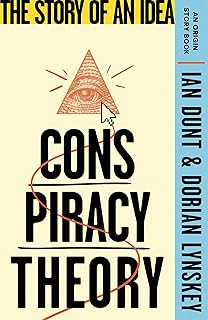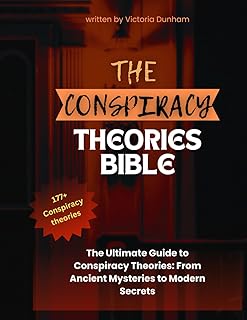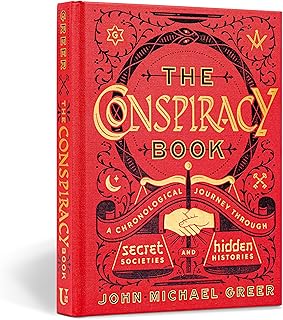In recent years, modern conspiracy theories have proliferated with the rise of social media platforms, enabling unfounded beliefs to spread rapidly. Cynthia Miller-Idriss, a sociology professor, notes that conspiracy theories have a long history in the United States but have gained traction due to social media’s amplification of misinformation.
Following the emergence of the pandemic in 2020, conspiracy theories found fertile ground as people sought explanations and control in uncertain times. Miller-Idriss explains that such theories often arise in response to inexplicable events or large-scale tragedies, offering a sense of understanding and agency to individuals overwhelmed by fear and uncertainty.
Historically, government deception, like the CIA’s involvement in various controversial activities, has fueled skepticism and conspiracy theories. These theories sometimes stem from legitimate concerns about political transparency but can veer into fantastical narratives that align with personal beliefs or ideologies.
Celebrities have not been immune to conspiracy theories, with figures like Taylor Swift and Avril Lavigne becoming subjects of speculation. Swift’s relationship with NFL star Travis Kelce sparked rumors of paid endorsements, while Lavigne was embroiled in a theory suggesting her death and replacement by a look-alike.
One of the most enduring conspiracy theories involves the death of Princess Diana, with various narratives suggesting foul play in the tragic car crash that claimed her life. These theories often stem from the shock and disbelief surrounding high-profile deaths, leading to suspicions of orchestrated events.
Pop culture icons like Beyoncé and Jay-Z have also been linked to conspiracy theories, notably the myth that they are part of the Illuminati, a secret society believed to wield significant influence over world affairs. Such theories often draw on symbolism and perceived clues in music and media.
Conspiracy theories are not limited to entertainment; historical events like the Holocaust have also faced denial and distortion. Despite overwhelming evidence, a significant portion of the population questions the reality of the Holocaust, reflecting deep-seated biases and anti-Semitic beliefs.
Alien-related theories, such as the notion that extraterrestrials built the Egyptian pyramids, persist despite scientific evidence to the contrary. Similarly, the flat Earth theory and claims about Area 51 housing alien lifeforms highlight the enduring appeal of sensational conspiracies.
Tragic events like the 9/11 attacks and mass shootings have spawned conspiracy theories, with some suggesting government involvement or cover-ups. These theories often arise from a lack of trust in official narratives and serve as outlets for skepticism and dissent.
More recent events, like the COVID-19 pandemic, have given rise to theories about population control and vaccine conspiracies. Misinformation and political polarization have fueled distrust in public health measures and scientific consensus.
Conspiracy theories, while often dismissed as fringe beliefs, can have real-world consequences, from undermining public trust in institutions to inciting violence. Understanding the origins and motivations behind these theories is crucial in combating misinformation and promoting critical thinking.
📰 Related Articles
- Youth Embrace Live Music Amid Social Media Ban Concerns
- Young Kid Influencers Spark Positive Change Across Social Media
- White Fox Boutique: Fashion Empire Thrives Through Social Media
- Unraveling Apollo Moonlanding Conspiracy Theories: Truth vs Fiction
- US State Department Requires Public Social Media for Student Visas






